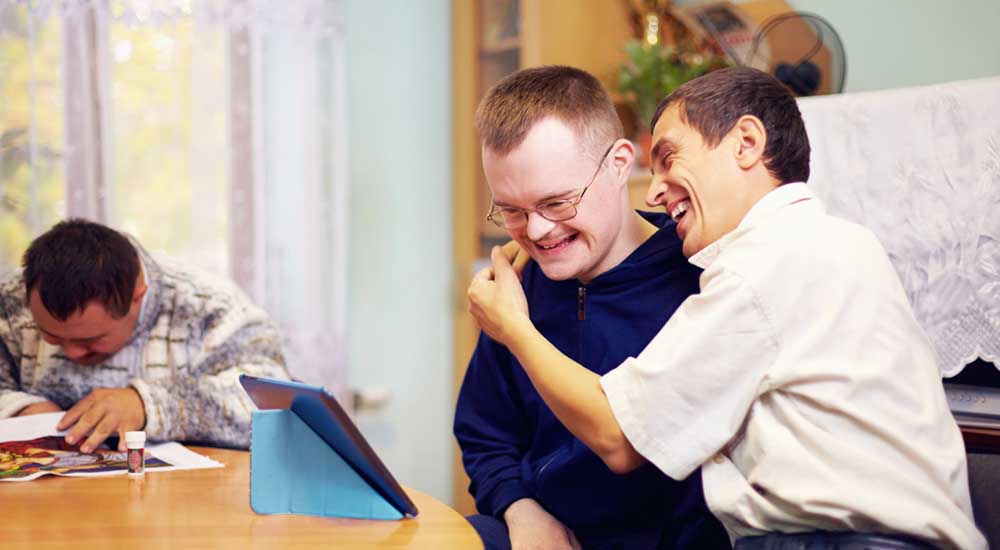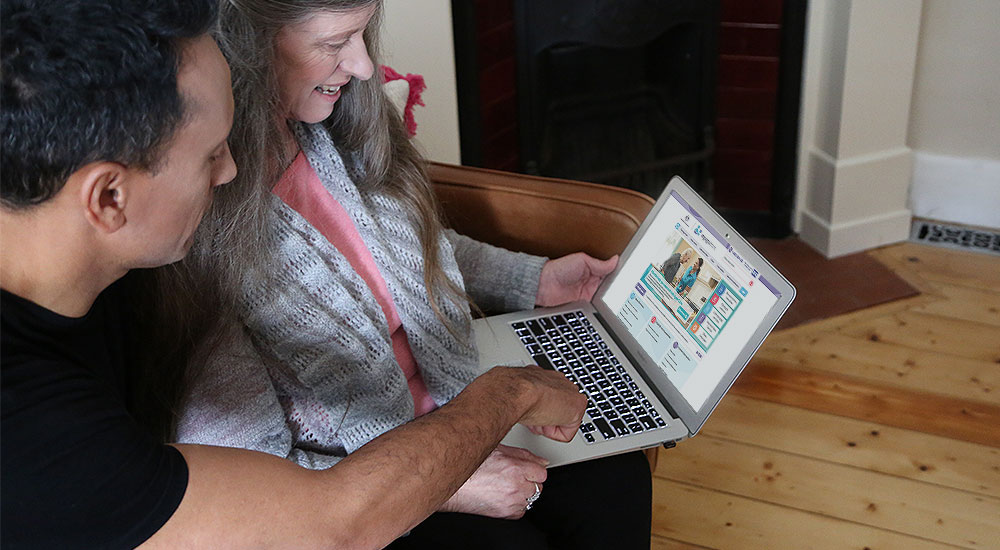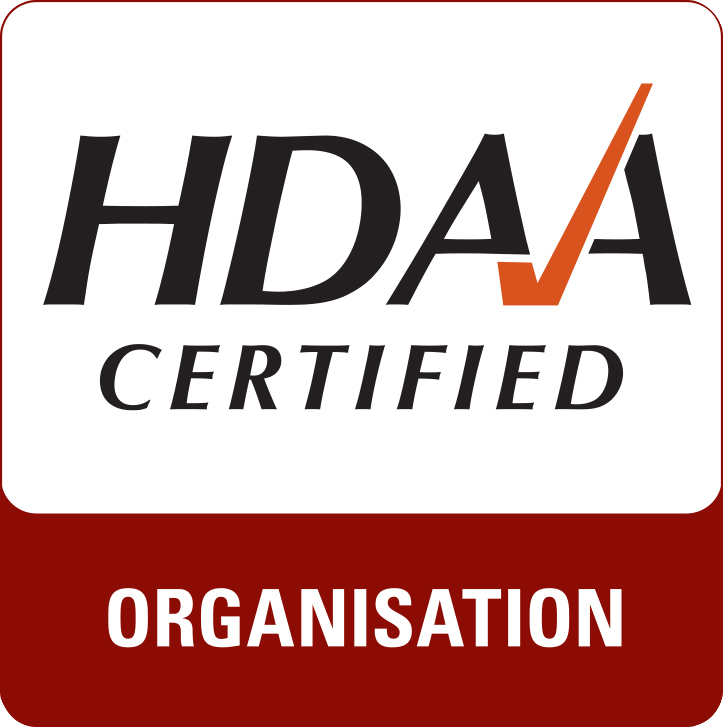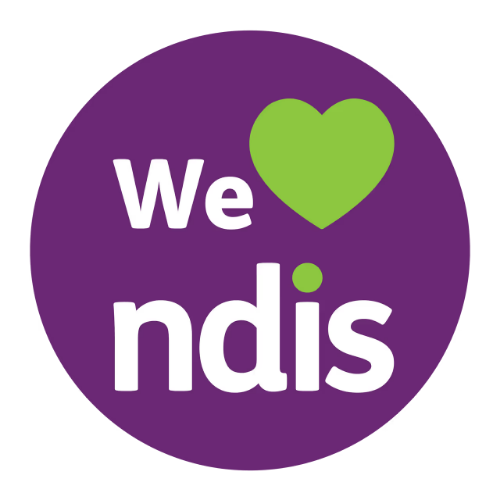Everyone develops at different rates and has different abilities. We all have our own strengths and areas of difficulty, but some people find it more difficult to learn new information or skills and could be living with intellectual disability.
People living with intellectual disability may need some extra support with daily tasks so they can fully enjoy their right to access the community and live the lifestyle of their choosing.
At Absolute Care & Health, we provide tailored disability support services, and we’re an approved National Disability Insurance Scheme (NDIS) provider. If you have any questions about intellectual disability home care assistance, please get in touch with our friendly team.
What is intellectual disability?
‘Intellectual disability’ is a term used to describe a broad range of personal characteristics. Someone who has difficulty with learning, social interactions, or daily living activities may be living with intellectual disability.
To be diagnosed with intellectual disability, someone needs to have both of the following by the time they are 18:
- An intelligence quotient (IQ) score of 70 or less
- Significant difficulty with skills needed for daily living activities
Living with intellectual disability

Since intellectual disability is a very broad diagnosis, it means different things for different people. But regardless of ability or diagnosis, everyone has equal right to enjoy the lifestyle they want and to access and participate in the community.
While everyone with intellectual disability has unique strengths and areas of difficulty, some of the common things people with intellectual disability have difficulty with include:
- Communicating and recognising social cues
- Personal care and activities of daily living
- Taking part in activities with other people
- Cognitive processing and understanding abstract concepts
- Learning and processing information
- Using concepts needed for planning and organisation
There are also categories used to describe the severity of intellectual disability. The levels of intellectual disability covered by the NDIS are:
Mild
People with mild intellectual disability generally have an IQ of 70 to 55 and can learn practical life skills and function in ordinary life with minimal levels of support.
Moderate
People with moderate intellectual disability generally have an IQ of 55 to 35 and can learn basic skills needed for health and safety. They can generally take care of themselves and travel to familiar places in the community, and they may need moderate support with personal care.
Severe
People with severe intellectual disability generally have an IQ of 34 to 20, and they can communicate on a basic level, learn simple daily routines, and engage in simple personal care. People with severe intellectual disability generally need daily supervision and support.
Profound
People with profound intellectual disability generally have an IQ of less than 20. They have limited ability to communicate and need close supervisions with all activities of daily living. People with profound intellectual disability are also more likely to have physical limitations and associated medical conditions.
While IQ is used as part of defining the levels of intellectual disability, there is a greater emphasis on assessing a person’s abilities when it comes to diagnosing intellectual disability.
Support services for intellectual disability

The goal of the NDIS is to give all Australians living with disability choice and control over their daily lives by providing the supports they need to access the community and enjoy the lifestyle they want. This means you should be assessed to receive enough funding to pay for any and all supports you need.
To get your assessment and start receiving NDIS funded disability supports, you need to get started through the NDIS website. Some of the support services you can receive for through the NDIS include:
Daily living activities
You can receive home care assistance for a wide variety of personal care tasks and activities of daily living. The amount of support you receive will be based on your needs and is typically focused on helping you develop the skills to live as independently as possible.
Community access
Everyone has a right to access and participate in the community, so the NDIS can provide a range of supports to help with community engagement and developing the skills needed for greater independence in the community. These can include social programs, as well as help finding employment, training, and volunteering opportunities.
Travel and transportation
You can receive support with transportation, including travel arrangements, so you can complete activities and access the community safely. These supports can include transport services as well as help with developing the skills to use public transport on your own or with a support worker.
Get tailored support for intellectual disability
At Absolute Care & Health, we are a registered NDIS provider, and we give our clients high-quality, tailored, and reliable support services. We can help you access your community and develop your daily living skills, so you can achieve your goals and live the lifestyle you want.
Get in touch with our friendly team for more information about our disability care services or how we work with the NDIS.






